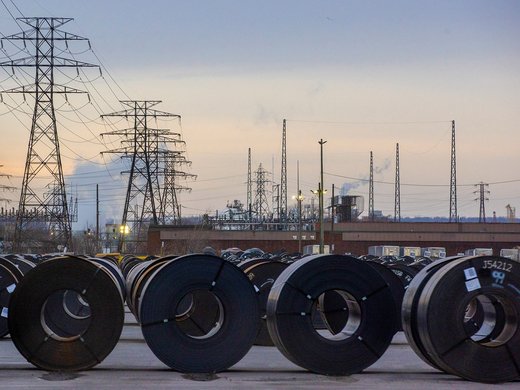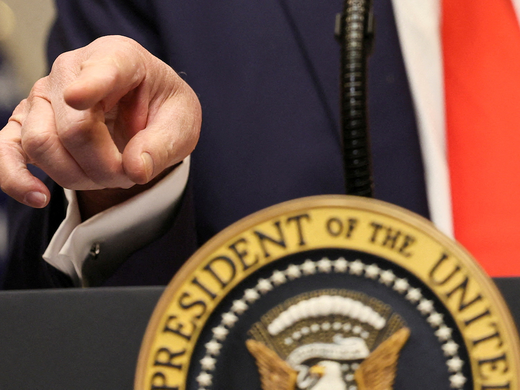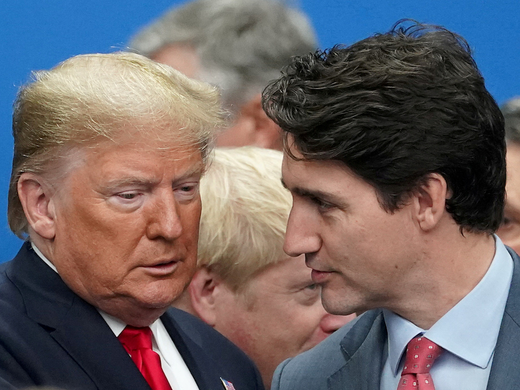There is a looming collision between the rules frameworks of the two separate international institutions that have been created and entrusted with addressing trade and climate change. Links between trade and climate change can no longer be ignored by either the World Trade Organization (WTO) or the Conference of the Parties (COP) of the United Nations Framework Convention on Climate Change. Neither has considered the consequences of the trade restrictions that are likely to be part of many national measures enacted to address climate change, which will fall within the scope of the WTO Agreement and will surely lead to a lengthy WTO dispute settlement process. Such trade-restrictive national measures will be fed by domestic fears of “carbon leakage” and a loss of national competitiveness, and WTO disputes resulting from such measures will confront numerous unanswered legal questions due to an absence of relevant WTO jurisprudence. To minimize the political risks of such a collision to both the WTO and the COP, and to combine the most benefit for the climate with the least risk to trade, a WTO climate waiver is urgently needed. The adoption of a WTO climate waiver should be only the first of the ways in which WTO members revise and realign WTO rules in accordance with the objectives of sustainable development.


